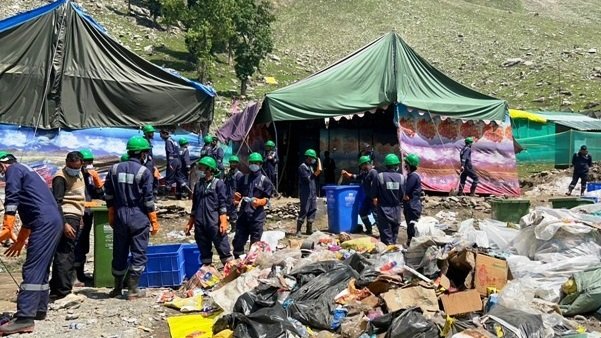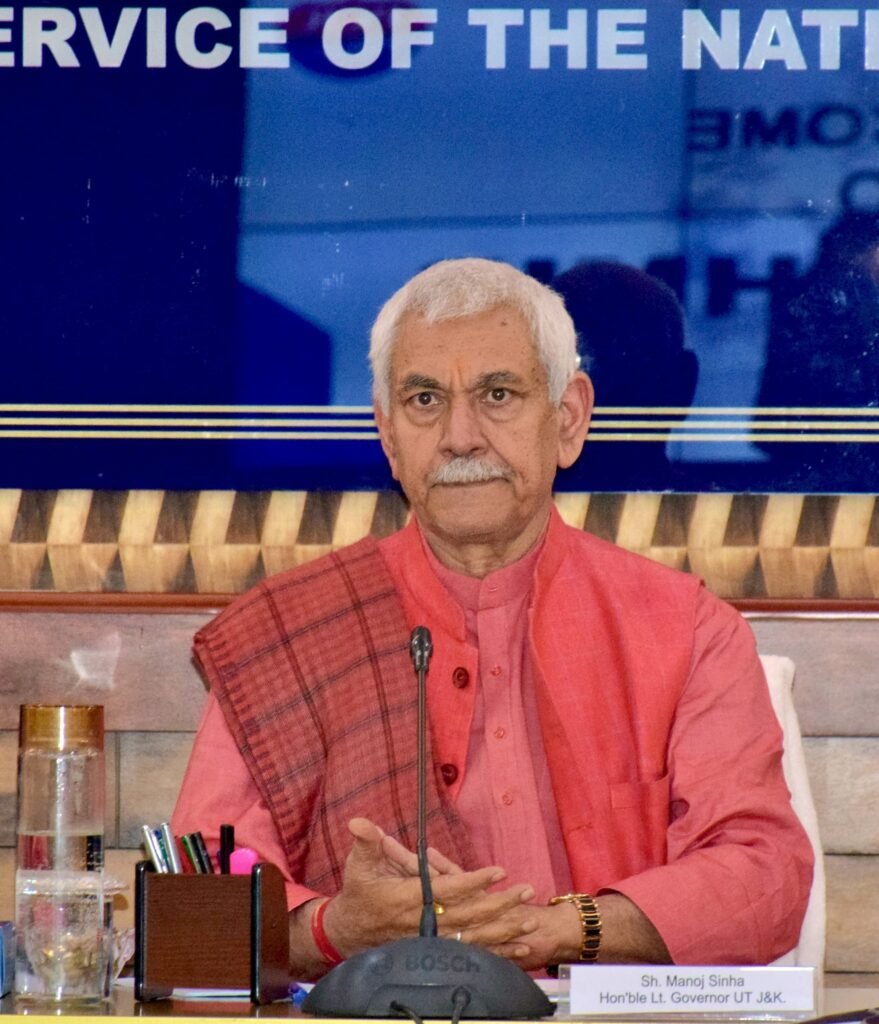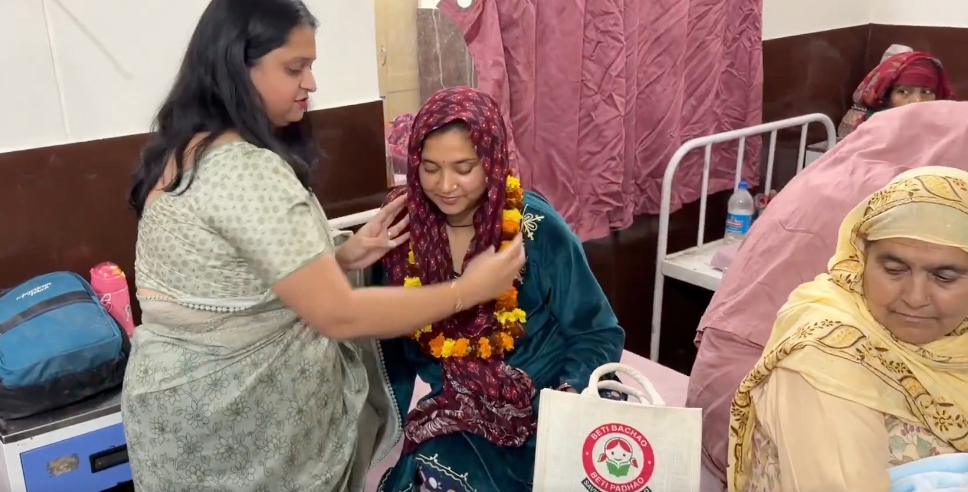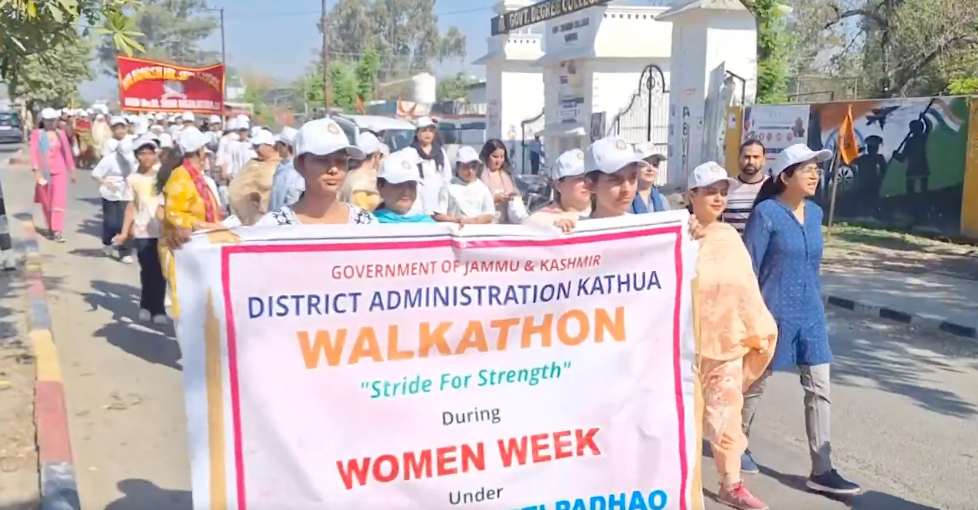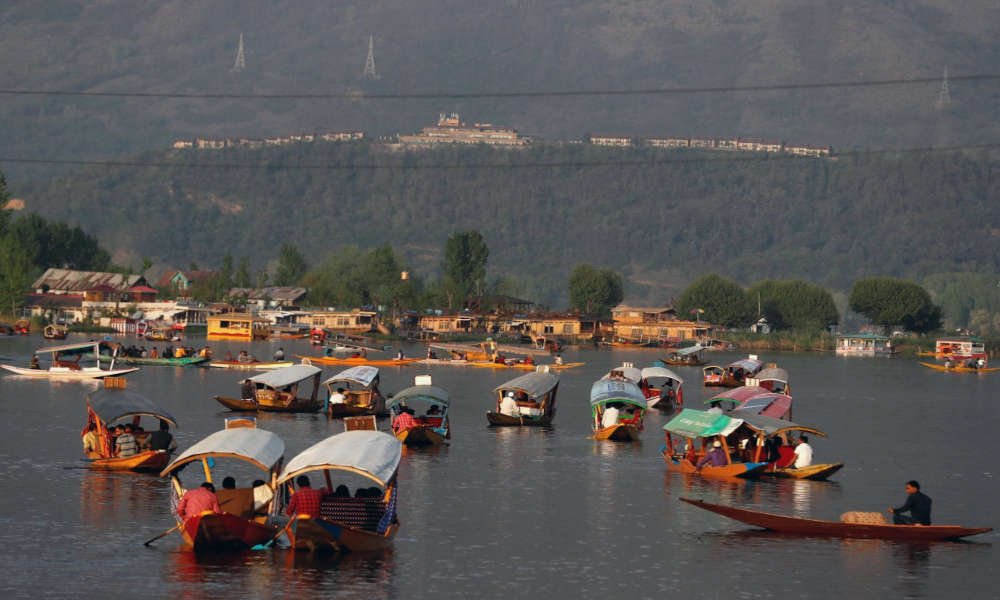SRINAGAR, JULY 03: To ensure a sustainable Shri Amarnath Ji pilgrimage and achieve zero landfill goals, a significant quantity of wet and dry waste has been collected from different camp locations and enroute, and same has been processed using appropriate scientific methods, during the first six days of the yatra.
Total 15 waste processing facilities have been established on both the axis. Eight processing facilities have been setup at Baltal axis starting from Neelgrath till Upper Holy cave and 7 processing facilities setup at Pahalgam axis starting from Nunwan till Panchtarni.
The wet waste is processing using the conventional composting methods and the dry waste is processed through segregating into different type recyclable/ non-recyclable waste and further processing it using the baling machines.
Total 8 including 5 at Baltal Axis and 3 at Pahalgam axis number of vehicles have been deployed for collection & transportation of waste at the base camp locations. More than 600 workers and nearly 25 management/ supervisory staff have been deployed in both the axis combined to handle day to day waste collection, transportation, and processing.
From the 27th June till 2nd July, 2024 nearly 61.350Tonnes of waste has been handled. Out of this, 17.25Tonnes of wet waste (3.315Tonnes on Pahalgam Axis and 14.205Tonnes on Baltal Axis) has been put into the compost beds for composting of same. Further, 22.23Tonnes of dry waste (7.31Tonnes on Pahalgam Axis and 14.920Tonnes on Baltal Axis) has been processed after segregating them into various recyclable and non-recyclable streams such as PET, HDPE, LDPE, Cardboard, Multilayered Plastic, metals etc.
In addition, 21.60 Tonnes of inert & process rejects have been accumulated till now which will be disposed off through sending it to RDF utilizing industry by the service provider engaged for same.
Director General, Rural Sanitation, J&K said: “These figures highlight the effectiveness of our waste management strategy, which emphasizes the separate collection and processing of wet and dry waste to minimize environmental impact. The collaborative efforts of our service providers, volunteers, and pilgrims have been instrumental in maintaining the sanctity and cleanliness of the yatra routes”.
She further added that the department remain committed to upholding these standards throughout the pilgrimage, ensuring a zero-landfill experience for all participants.

